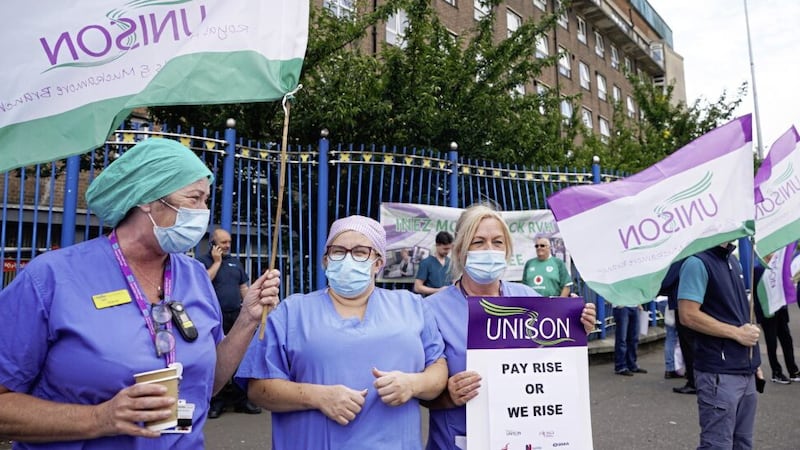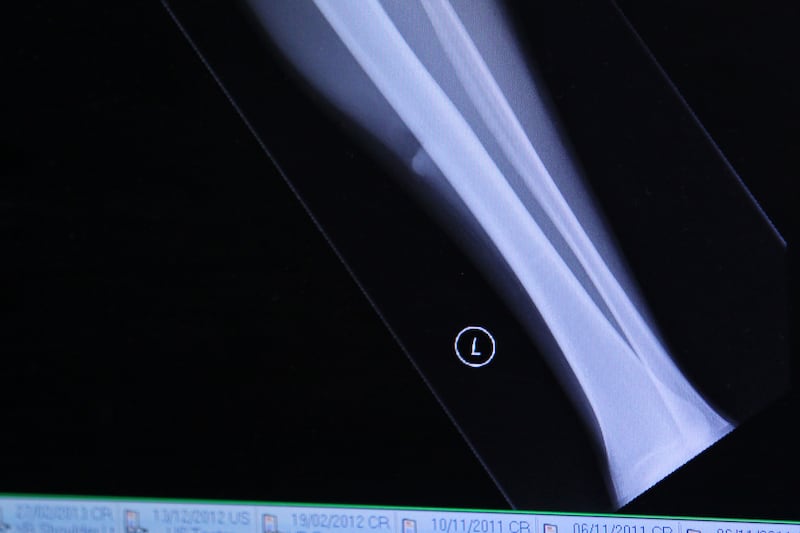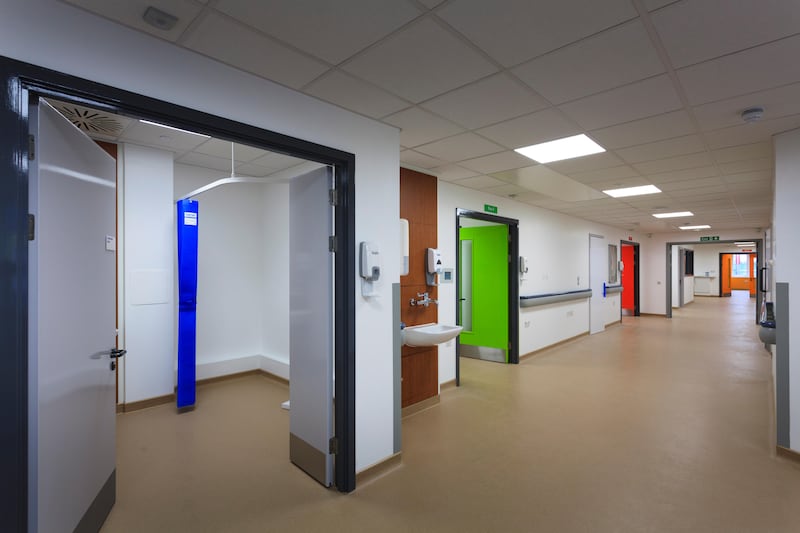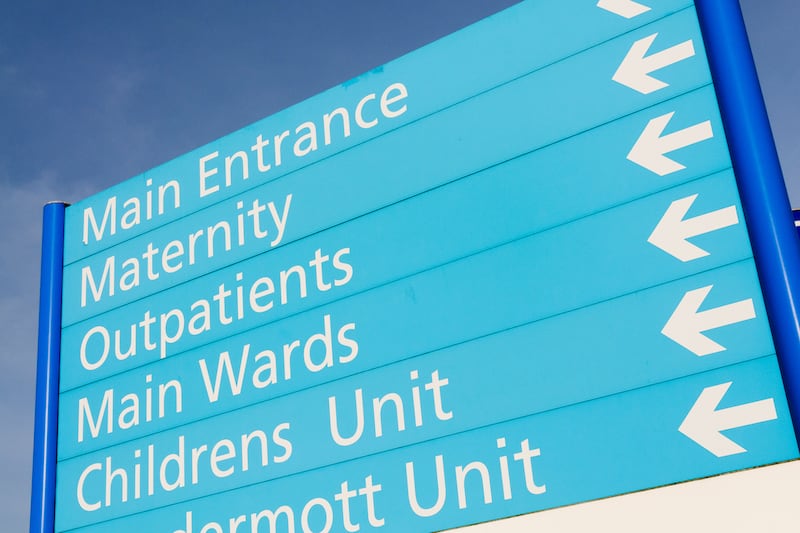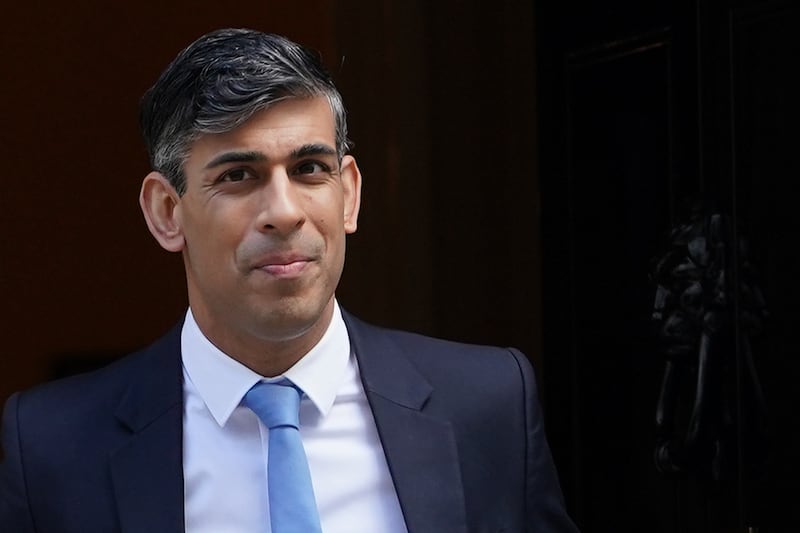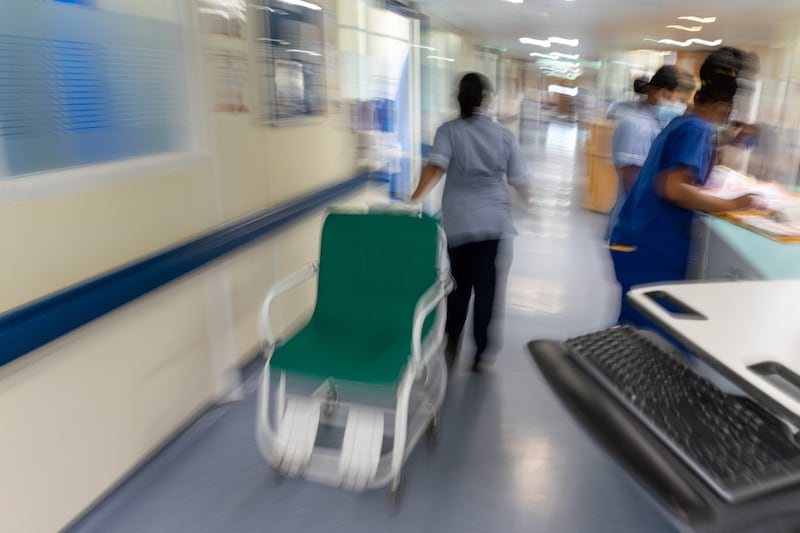HEALTH trusts and trade unions in Northern Ireland have said they are still working on plans to ensure patient safety ahead of industrial action next week.
From Monday, Unison will start two weeks of action short of striking as well as a one-day strike on December 12.
The union represents over 26,500 workers including around 10,000 in nursing and associated roles.
Nipsa has said around 10,000 members, mainly comprised of administrative and social worker roles, will be taking “indefinite” action short of strike action from Monday.
The Royal College of Nursing (RCN) has already announced strike action for December 15 and December 20.
Health workers in Northern Ireland have yet to receive a pay increase for 2022/23, while their counterparts in England and Wales have been given an extra £1,400 a year.
A Department of Health spokesperson said they shared the “frustration” at the absence of a pay award for staff ahead of "a very difficult winter period."
“In the event of strike action, the Department and HSC Trusts will work closely with trade unions with a view to protecting critical services as much as possible.
“However, there will inevitably be an impact on patient care, and further impairment of already highly pressurised services.”
Unison’s Anne Speed said patient safety would remain a top priority in the coming weeks despite the "shabby" treatment of workers.
“We will be putting some pressure on the system but we have to wait and see what the employers say back to us,” she told the Irish News.
“We always take as a rule of thumb, life and limb safety for patients. As we did in 2019, we invited the employers to discuss any concerns they may have.
“So we do take a very cautious and careful approach but, at the same time, members are very frustrated.
“There’s not much opportunity for them to speak out and stand up for themselves so as their union we have to articulate their concerns.”
She said the Stormont deadlock meant that health workers in Northern Ireland were now the worst paid in the UK.
“It won’t be the actions of any worker that will put any patient in danger,” she said.
“The gates won’t be closed at the hospital. There will be delays and maybe elective surgery and hospital appointments will be affected.
“But what do you do when you’re a health worker and the other UK jurisdictions have at least had an inadequate pay offer imposed on them? It’s shabby treatment of the health workforce in Northern Ireland who were magnificent during the Covid-19 pandemic.”
Nipsa’s Padraig Mulholland added: “We are engaging in litigation meetings with the employers within each trust to ensure that life and limb is not put at risk.
“Services can continue to run but not at the same level as they normally would.
“Our view is that this action we are taking is essential to make sure there are proper services into the future.
“At present there’s a crisis of staffing all the way through the health service, right from GPs into A&E and into the hospitals.”
A spokesperson for the Northern trust said: “At this stage it is too early to provide any level of detail on the impact of such action.
"The trust is currently planning for industrial action and is working closely with trade unions with a view to protecting critical services and in mitigating as far as possible any impact on patients and service users.
A Southern trust spokesperson also said “detailed contingency planning” was currently underway.
“We will keep the public informed as soon as we know what the likely impact on the trust is.”
The South Eastern trust said it has put contingency plans in place to minimise disruption to services during industrial action.
